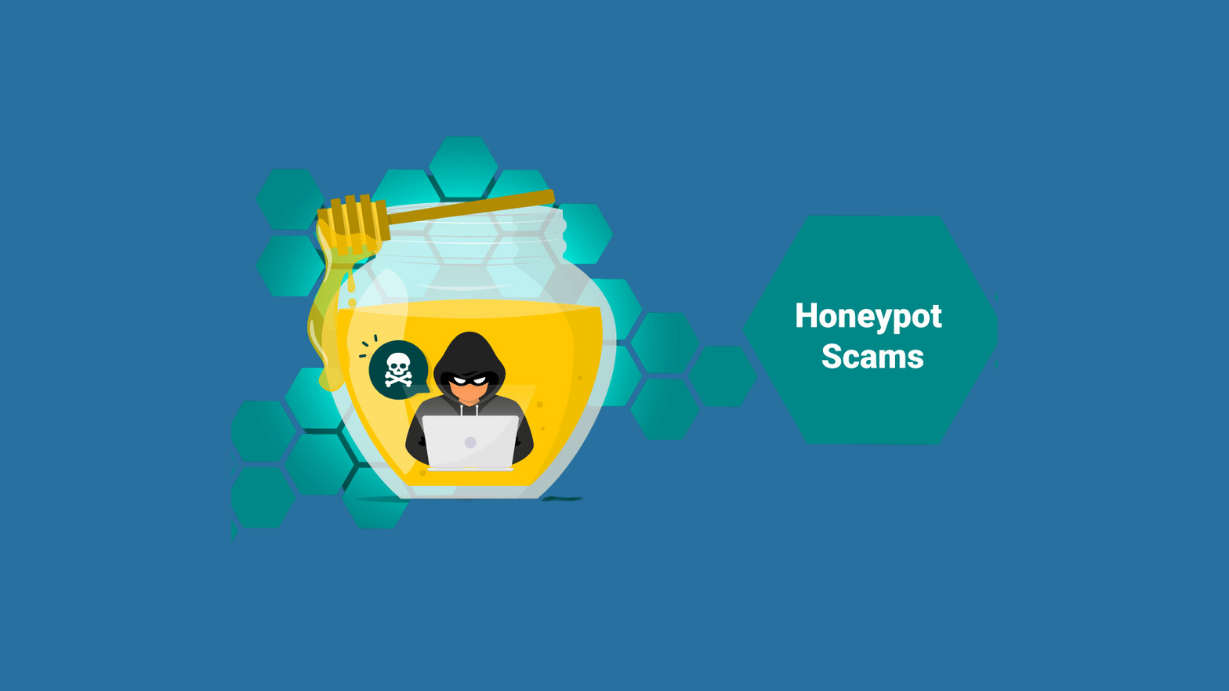
In the fast-evolving world of cryptocurrency, scammers are finding new ways to deceive investors, and HoneyPot Scams are among the most insidious. In a HoneyPot Scam, the scammer lures victims into buying tokens they can’t sell, trapping them with worthless assets. Attorney Jay Arnesen, CEO and Managing Partner of Elevate Legal Services, PLLC, is at the forefront of tackling these fraudulent schemes. Jay Arnesen is dedicated to helping victims who have been trapped by scams involving unsellable tokens recover their lost assets and seek justice. Our mission is to empower victims of crypto fraud by holding scammers accountable and providing legal support to ensure victims can regain their financial security. Contact Elevate Legal Services, PLLC today and learn how we can help against HoneyPot Scams.
How HoneyPot Scams Work
The scam begins with the victim buying a token that seems legitimate. After the purchase, the scammer uses the token’s contract to prevent the holder from selling. Once enough people buy the token, the scammers drain the liquidity pool in what’s known as a rug pull. The victim is left holding unsellable tokens while the scammers make off with the Ethereum (ETH) or other cryptocurrency stored in the liquidity pool.
Techniques Scammers Use in HoneyPot Scams
There are several methods scammers use to prevent victims from selling their tokens:
- Blacklist Function: Specific wallet addresses are blocked from trading.
- Whitelist Function: Only certain addresses can trade normally.
- Anti-Whale Function: Limits the number of tokens that can be traded at once.
- Cooldown Function: Imposes a waiting period before tokens can be sold after purchase.
- High Sell Tax: If the tax is set above 50%, it can render the token unsellable.
- Modifiable Tax: The contract owner can increase the transaction tax, often to 49% or higher, making trading impossible.
- Proxy Contract: The scammer can modify the token’s contract to influence its price or functionality.
- Hidden Ownership: Even after appearing to abandon ownership, the developer can still manipulate the contract.

How to Avoid HoneyPot Scams
To protect yourself from falling into a HoneyPot trap, follow these key steps:
- Verify the Contract Address: Use tools like GoPlus Labs or TokenSniffer to analyze the token contract and check for red flags.
- Check Liquidity: Use platforms like DexScreener or Defined.fi to see if multiple wallet addresses can sell the token.
- Do Your Research: Always check what other holders are saying about the token on social media platforms like Twitter before making any investment.
- Look for Transparency: Ensure that the project team is transparent about the token’s contract and functionality.
Final Thoughts
HoneyPot Scams prey on the growing interest in cryptocurrencies, making them a major threat to investors. Always approach new tokens with caution, conduct thorough research, and use tools to verify the legitimacy of a token’s contract. By staying vigilant and using trusted resources, you can protect yourself from falling victim to these increasingly common scams.
Contact Elevate Legal Services, PLLC
At Elevate Legal Services, PLLC, we are committed to leading the charge against cryptocurrency fraud and helping victims recover their assets. Attorney Jay Arnesen, CEO and Managing Partner of Elevate Legal Services, PLLC, is a global leader in the fight against crypto fraud, and our team has the experience and resources to hold fraudsters accountable.
By staying informed and cautious, you can safely navigate the cryptocurrency world and protect your investments from fraud. If you have concerns about cryptocurrency fraud or need legal assistance, contact Elevate Legal Services, PLLC, today at 561-770-3335 or email us at [email protected]. We’re here to help you safeguard your financial future.





